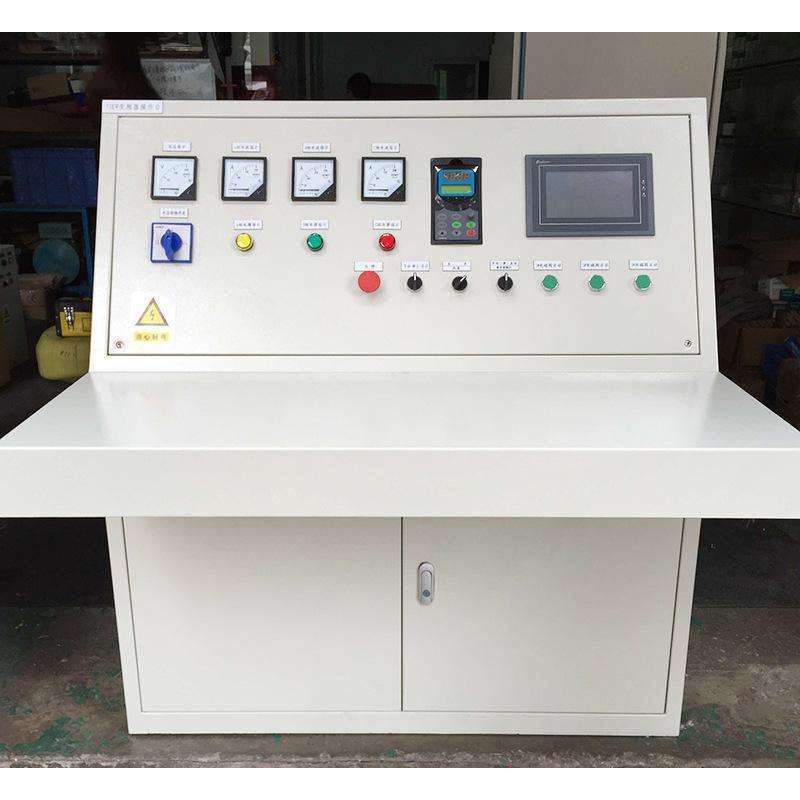
Oct . 03, 2024 14:53
Back to list
gas filter
Understanding Gas Filters An Essential Component in Industrial Applications
Gas filters play a pivotal role in various industrial applications, serving as critical components in systems that manage air quality and protect equipment from contamination. As industries increasingly prioritize environmental standards and operational efficiency, the significance of gas filtration is more pronounced than ever.
At its core, a gas filter is designed to remove impurities, particulates, and contaminants from gases before they are released into the atmosphere or used in industrial processes. These filters can effectively capture a range of particles, including dust, pollen, smoke, and harmful chemical vapors. By ensuring that the air released into the environment is clean, gas filters help companies comply with regulatory standards and minimize their ecological footprint.
One of the primary applications of gas filters is in the chemical and petrochemical industries, where safety and air quality are paramount. In these sectors, gas filters are used to purify emissions from production processes and prevent the release of toxic compounds. For instance, activated carbon filters are often employed to adsorb volatile organic compounds (VOCs), ensuring that gases emitted are significantly less harmful.
Similarly, in the power generation sector, gas filters are essential in the management of flue gases
. These filters help to capture sulfur dioxide (SO2) and nitrogen oxides (NOx), which are critical in mitigating acid rain and other environmental issues. By incorporating gas filtration systems, power plants not only comply with legal emissions limits but also contribute to a cleaner environment.gas filter

The design of gas filters is intricate, often tailored to specific industrial needs. Different filter media, such as activated carbon, HEPA filters, and electrostatic precipitators, are used depending on the type of gas and the nature of the contaminants. This versatility allows industries to customize filtration systems that enhance operational efficiency and ensure safety.
Moreover, the maintenance of gas filters is crucial for their effectiveness. Regular inspections and replacements are necessary to ensure optimal performance. A well-maintained gas filtration system can lead to significant cost savings in the long run by reducing equipment wear and tear and minimizing potential health risks associated with poor air quality.
The importance of gas filters extends beyond compliance and efficiency; they are vital for protecting human health. Poor air quality can lead to respiratory issues and other health problems for workers in industrial settings. By implementing effective gas filtration systems, companies can create safer working environments and demonstrate their commitment to employee well-being.
In conclusion, gas filters are indispensable in various industries, ensuring clean air is maintained and complying with environmental regulations. As technology evolves, the development of more efficient and effective filtration systems will continue to play a foundational role in safeguarding both the environment and public health. Understanding and investing in gas filtration is not just a regulatory requirement but a moral imperative for responsible industries.
Next:
Latest news
-
Safety Valve Spring-Loaded Design Overpressure ProtectionNewsJul.25,2025
-
Precision Voltage Regulator AC5 Accuracy Grade PerformanceNewsJul.25,2025
-
Natural Gas Pressure Regulating Skid Industrial Pipeline ApplicationsNewsJul.25,2025
-
Natural Gas Filter Stainless Steel Mesh Element DesignNewsJul.25,2025
-
Gas Pressure Regulator Valve Direct-Acting Spring-Loaded DesignNewsJul.25,2025
-
Decompression Equipment Multi-Stage Heat Exchange System DesignNewsJul.25,2025

